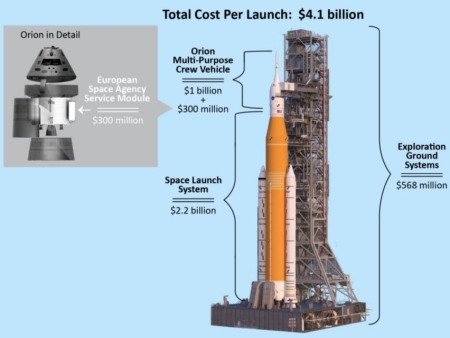
The instruction manual of the Democratic Party
Soon after Joe Biden was confirmed by Congress as the next president of the United States, I noted how the Democratic Party appeared eager to assembly a new blacklist, aimed at isolating and destroying anyone who ever dared to challenge or even disagree with them. As I wrote then,
Oh boy, it’s the 1950s again and its time for witchhunts from Congress and big corporations.
Unlike the 1950s, however, the question will not be whether you have ever been a member of the Communist Party. No, now the question will be much more effective and to the point. It will be “Have you ever been conservative or a member of the Republican Party?”
Led by Congresswoman Alexandria Ocasio-Cortez (D-New York), Democrats in the House were then talking about compiling a list of all Trump Republicans in the media so that Congress could more easily censor and blacklist them.
While that specific effort never came to fruition, for the next two years the Democrats in power — in Congress, in state houses, in academia, in social media, in entertainment, and in corporations — have repeatedly confirmed this is their goal. Dare to disagree with them about anything, from masks to COVID shots to any of their policy decisions and they will do whatever they can to destroy you.
And yet, the leadership of the Democratic Party during this new blacklisting rage has tried to be coy about their repressive effort, either by denying this effort even exists or trying to excuse it by further slandering their opponents as “racists”, “insurrectionists,” or “domestic terrorists.”
In the past week that coyness vanished. Three different very powerful Democrat politicians said the quiet part out loud: We consider all Republicans evil, merely because they oppose us!
First, right after he had won the Democratic Party’s primary in Florida to run for governor against Ron DeSantis, Charlie Crist on August 24, 2022 made it clear what he thought of anyone who might consider voting for DeSantis:
» Read more















